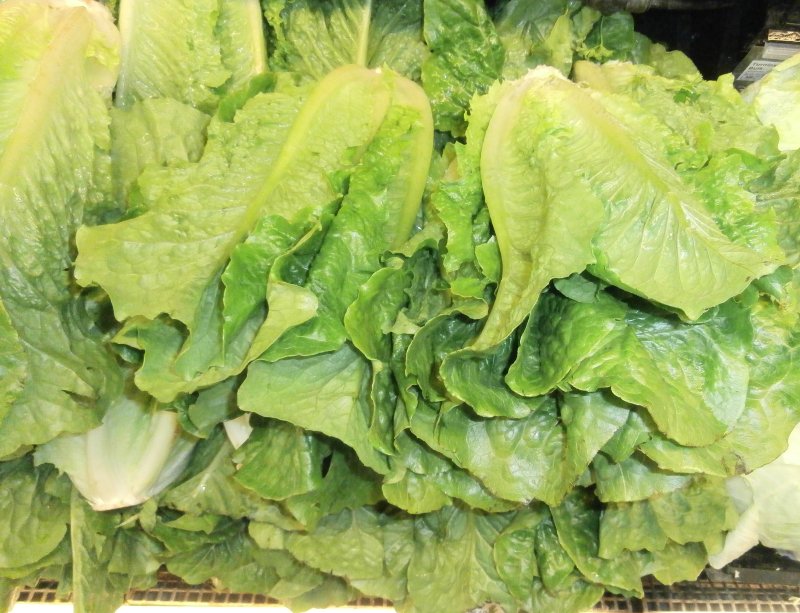Jan. 17 (UPI) -- The number of food recalls has increased 10 percent over the past five years, and some happened because of "archaic" laws, a nonprofit watchdog said in a new report released Thursday.
The report by the U.S. Public Interest Research Group, or PIRG, said recalls from crackers, to lettuce and meat increased from 2013 to 2018. U.S. Department of Agriculture Class 1 recalls of meat and poultry increased by a dramatic 83 percent.















